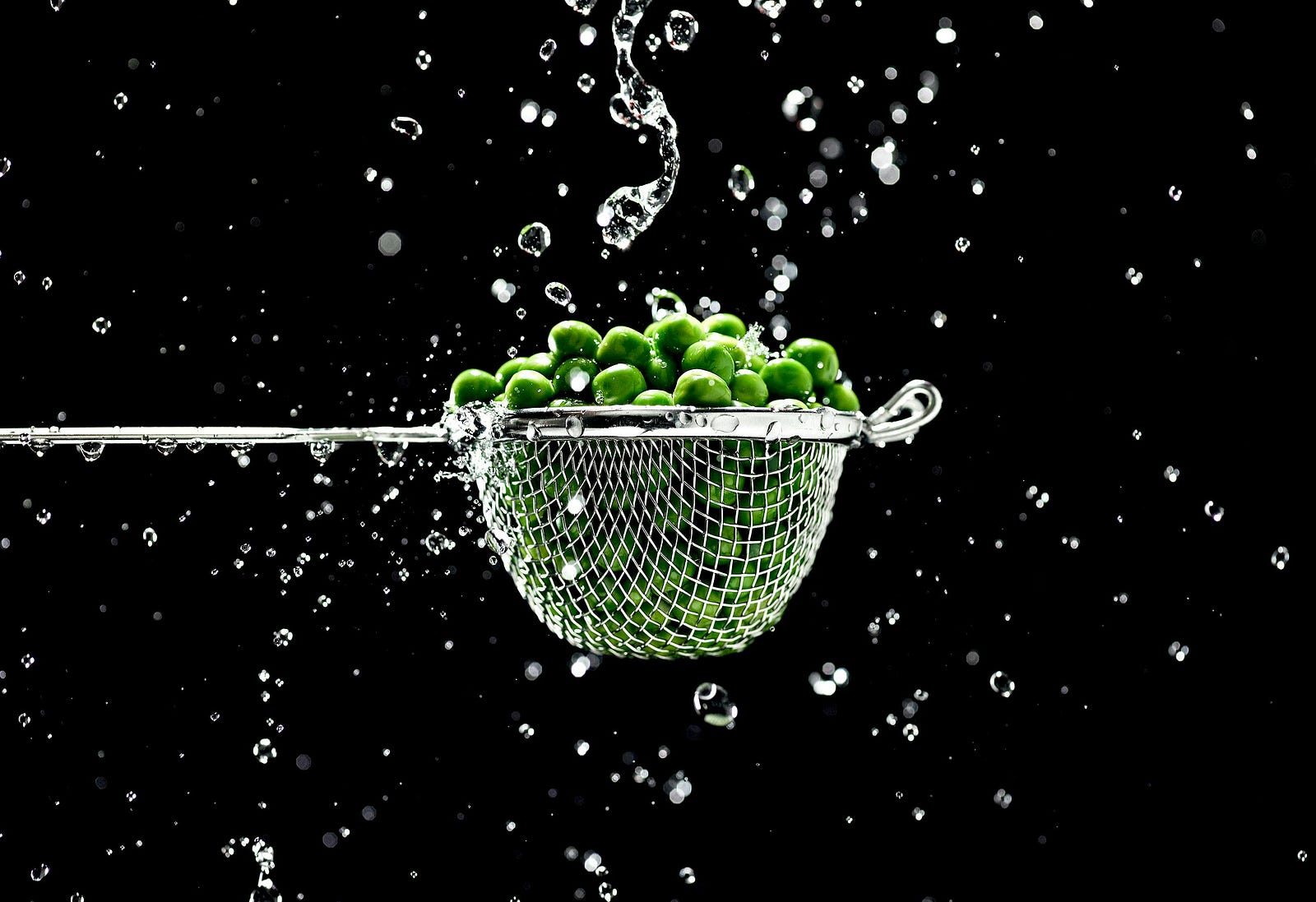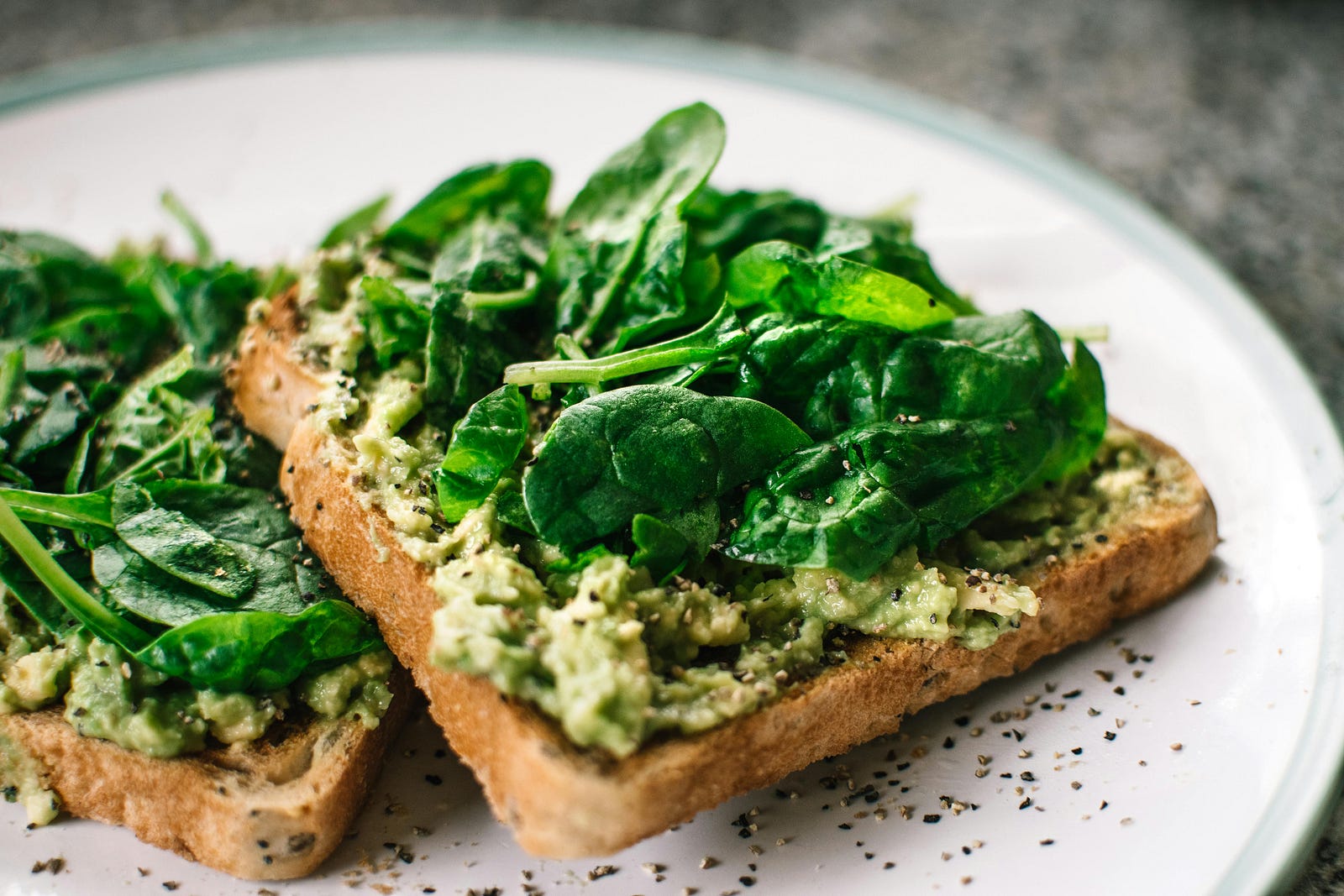Vegan Pea Protein: Daily Recommendation
 In the world of health and nutrition, there’s always something new on the horizon. Today, we’re exploring the wonders of Vegan Pea Protein. This plant-based powerhouse is a game-changer for vegans, vegetarians, and anyone interested in a sustainable protein source.
In the world of health and nutrition, there’s always something new on the horizon. Today, we’re exploring the wonders of Vegan Pea Protein. This plant-based powerhouse is a game-changer for vegans, vegetarians, and anyone interested in a sustainable protein source.
Understanding Pea Protein and Its Importance
Pea Protein is a high-quality protein derived from yellow peas. It’s a vital nutrient for our bodies, playing a crucial role in muscle growth, tissue repair, and the production of enzymes and hormones. For vegans and vegetarians, finding a reliable, high-quality protein source can be a challenge, but Pea Protein provides a solution.
The Health Benefits of Vegan Protein
Vegan proteins, such as Pea Protein, are packed with health benefits. They’re complete proteins, meaning they contain all nine essential amino acids our bodies cannot produce. They’re easy to digest, hypoallergenic, and often have a lower environmental impact than animal-based proteins. Plus, they’re rich in other nutrients, making them a valuable addition to any diet.
Plant-based Protein Sources
While peas are an excellent source of protein, they’re not the only plant-based option. Lentils, chickpeas, quinoa, hemp seeds, and soybeans are also rich in protein. These plants provide a wide range of essential amino acids and other nutrients, making them an integral part of a balanced diet.
Recommended Daily Intake of Protein
The amount of protein a person should consume varies based on factors such as age, sex, physical activity level, and overall health. On average, adult men need about 56 grams of protein per day, while women need about 46 grams. However, individual needs can differ significantly, and it’s always best to consult a healthcare professional for personalized advice.
The Unique Advantages of Vegan Pea Protein
Vegan Pea Protein offers a wealth of unique advantages. It’s an excellent source of iron, which is essential for energy production and oxygen transportation in the body. It supports muscle growth, aids in weight loss, and promotes heart health. Plus, it’s free from common allergens, making it a safe choice for those with dietary restrictions or allergies.
Incorporating Vegan Protein into Your Diet
Incorporating Vegan Pea Protein into your diet is simple and versatile. You can blend it into smoothies for a post-workout recovery drink, stir it into oatmeal for a protein-packed breakfast, or even bake it into goods for a healthy snack. It’s an easy way to boost your protein intake without drastically changing your diet.
The Consequences of Protein Deficiency and Solutions
Protein deficiency can lead to a range of health issues, including muscle wasting, weakened immunity, and slowed growth in children. The solution? Increase your protein intake, either through your diet or supplements like our Vegan Pea Protein. It’s a simple, effective way to ensure your body gets the protein it needs.
The Environmental Impact of Vegan Protein
Choosing plant-based proteins like Vegan Pea Protein can have a positive impact on the environment. Animal agriculture is a significant contributor to greenhouse gas emissions, deforestation, and water pollution. By opting for plant-based proteins, you can reduce your carbon footprint and promote more sustainable food production practices.
A Closer Look at Pea Farming
Pea farming is an eco-friendly and sustainable practice. Peas are nitrogen-fixing plants, meaning they can convert atmospheric nitrogen into a form that plants can use. This reduces the need for synthetic fertilizers, which can contribute to environmental pollution. Additionally, peas require less water than many other protein sources, making them a more sustainable choice.
Common Myths about Vegan Protein
There are several misconceptions about vegan protein sources like Vegan Pea Protein. Let’s debunk some of the most common myths:
- Myth: Plant-based proteins are incomplete. Fact: While some plant-based proteins are incomplete, meaning they don’t contain all nine essential amino acids, Vegan Pea Protein is a complete protein.
- Myth: You can’t build muscle on a vegan diet. Fact: With proper planning and a balanced diet, vegans can build muscle just as effectively as omnivores. Vegan Pea Protein is an excellent source of protein for muscle growth and recovery.
- Myth: Plant-based protein powders taste bad. Fact: Vegan protein powders have come a long way in terms of taste and texture. Many people find Vegan Pea Protein to be a delicious and versatile addition to their diet.
The Importance of a Balanced Diet
While Vegan Pea Protein is an excellent source of plant-based protein, it’s essential to maintain a balanced diet to ensure you’re getting all the nutrients your body needs. Incorporate a variety of fruits, vegetables, whole grains, and healthy fats into your diet to support overall health and well-being.
Vegan Pea Protein Recipes
To help you enjoy the benefits of Vegan Pea Protein, here are some delicious recipes to try:
- Green Power Smoothie: Blend Vegan Pea Protein with spinach, kale, frozen banana, almond milk, and a touch of honey for a nutrient-packed breakfast or snack.
- Protein Pancakes: Mix Vegan Pea Protein with oat flour, almond milk, and a flaxseed “egg” for a healthy, protein-packed pancake alternative.
- Protein-Packed Energy Bites: Combine Vegan Pea Protein with rolled oats, nut butter, and dried fruit for a portable, high-protein snack.

Conclusion
Vegan Pea Protein is a versatile, nutritious, and plant-based protein source. Whether you’re vegan, have dietary restrictions, or just want to incorporate more plant-based foods into your diet, it’s a great choice. Moreover, the use of Biosafe Supplements Vegan Pea Protein in conjunction with a plant-based diet can further promote environmental sustainability
Sources
- Healthline: “Pea Protein: Nutrition, Benefits, and Comparisons”
- Healthline: “The 17 Best Protein Sources for Vegans and Vegetarians”
- The Nutrition Source, Harvard T.H. Chan School of Public Health: “Protein”
- Healthline: “Protein Intake — How Much Protein Should You Eat per Day?”
- Medical News Today: “What happens if you don’t get enough protein?”
- Yale Climate Connections: “How does your diet impact climate change?”
- One Green Planet: “10 Common Myths About Vegan Diets, Debunked”
- Food and Agriculture Organization of the United Nations: “Legumes in sustainable agriculture”


































